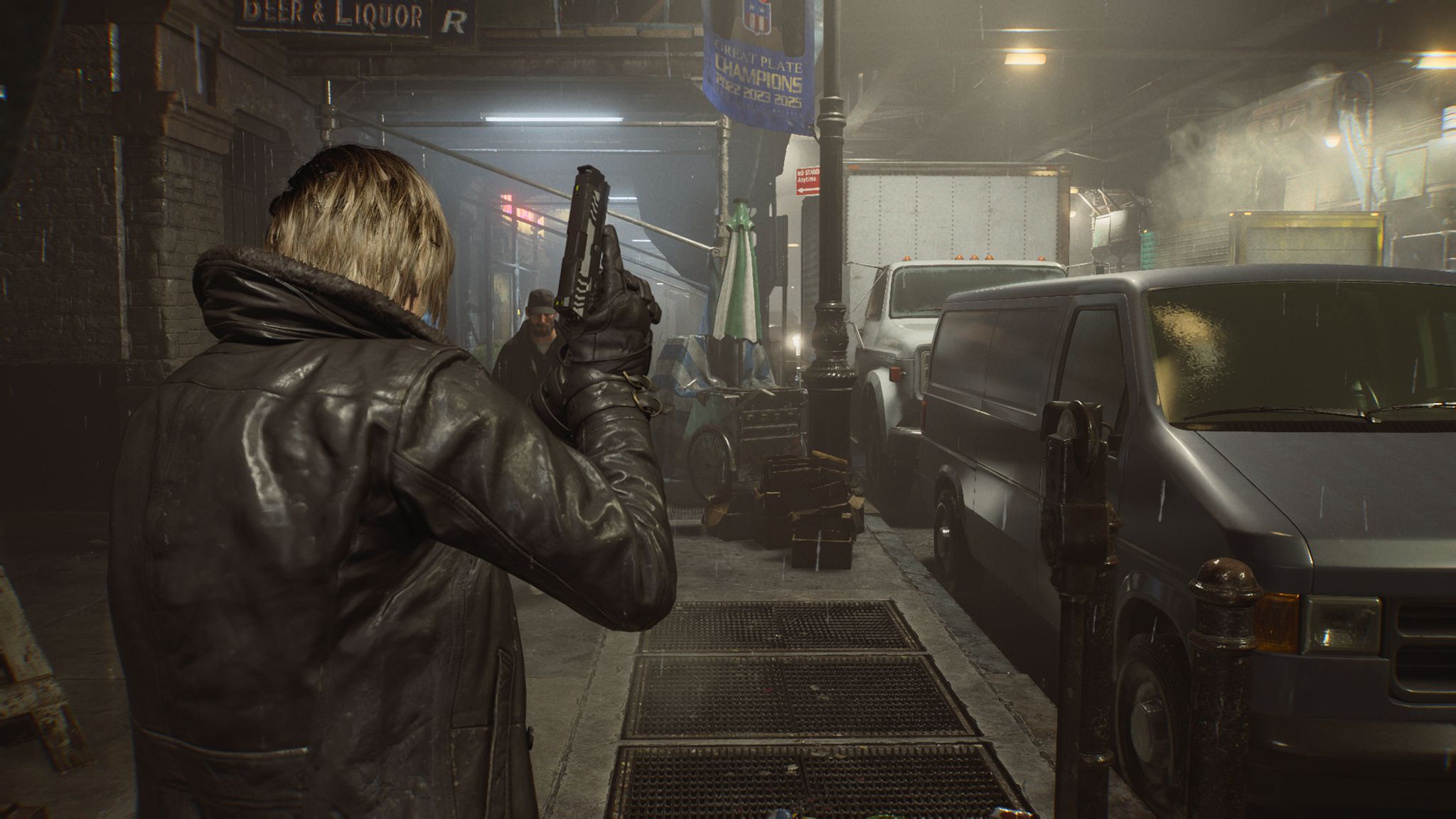Tim Sweeney warns of a prolonged rise in memory costs for next-generation hardware.
More stories in the category News
- Enjoy this strategy game for free on Xbox Series for a limited time
- Marvel Maximum Collection: retro glory for comic book lovers
- This is how Resident Evil Requiem performs on Xbox Series X and Series S
| Don't miss anything and follow us on Google News! |
Hardware manufacturers could be facing a bigger problem than they initially thought. The rising cost of RAM (driven by the massive demand from AI-focused data centers) threatens to disrupt production costs across the industry, including upcoming GPU and console releases. The warning has been issued by Tim Sweeney, CEO of Epic Games, who notes that the impact will be profound and long-lasting.
In his message posted on X, Sweeney explains that the DRAM market has shifted its priorities: large AI-related clients are guaranteeing such high margins that they’re pushing out consumer hardware manufacturers. This includes both high-end GPU manufacturers and console makers like PlayStation 6 and the next-generation Xbox.
The RAM Crisis and Its Impact on GPU, PS6, and the New Xbox
The problem isn’t just about availability. According to Sweeney, the price surge is already here: memory modules that were reasonably priced just months ago have seen increases of 200% and even 300%, making it clear that the escalation has just begun. Production is limited, AI demand is unstoppable, and manufacturing lines are prioritizing those who pay the most.
If the scenario doesn’t change, companies working on consumer hardware (from GPU manufacturers to the teams behind the next Xbox and PS6) will have to absorb higher costs to integrate the necessary memory into their new devices. This could lead to two possible outcomes: more expensive products or more aggressive strategies to cut margins.
This situation threatens to create a significant gap between consumer electronics and AI-focused devices, where even high-speed memory modules are being sold without resistance from data centers. Meanwhile, gamers are facing an uncertain future, where high-speed RAM will continue to be one of the most strained components in the market.
A trend that, according to Sweeney, will shape the next few years, with direct effects on how high-end GPUs and console hardware evolve in the second half of the decade.






